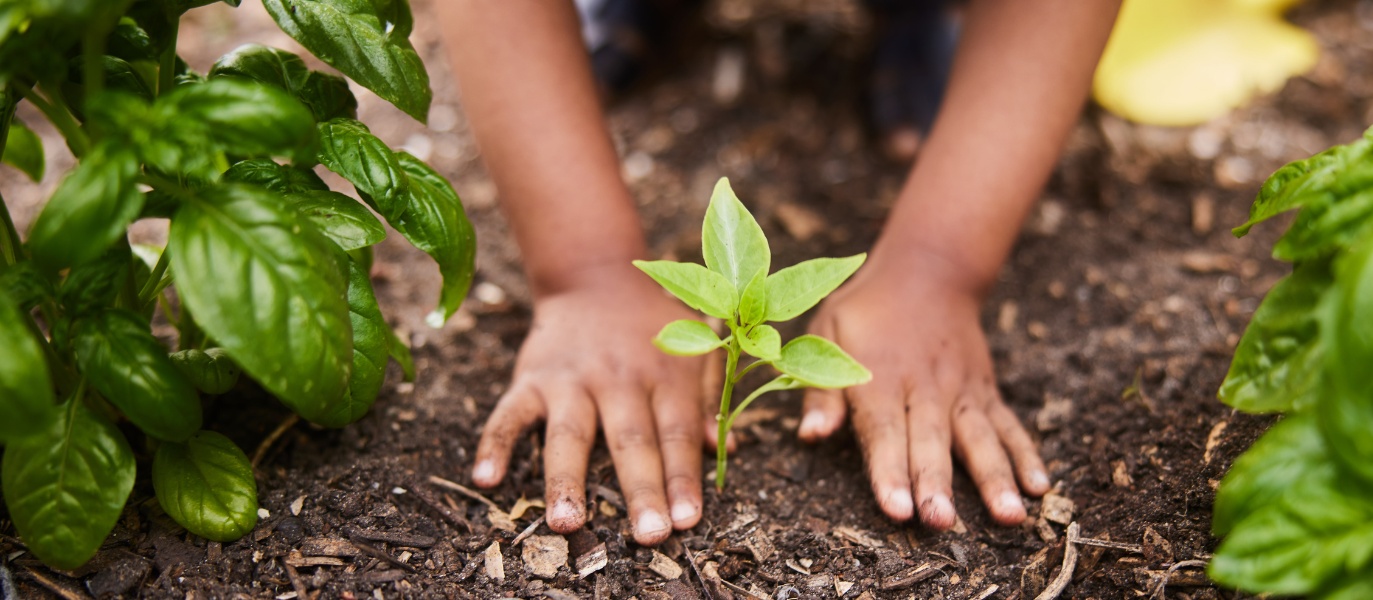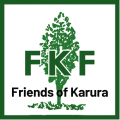November 2025
As the short rains began around Nairobi, the Friends of Karura Forest (FKF), alongside the Kenya Forest Service (KFS), launched their latest tree planting initiative, focusing on species native to Karura.
In the main block of the forest, FKF and KFS representatives planted 1,000 seedlings—comprising 45 different local species across one hectare. This season, the goal is to plant a total of 24 hectares.
Native trees are crucial to the forest’s ecosystem. They replace old, degraded plantations of imported exotic species planted during the colonial era for timber and firewood. These exotics, which are shunned by local wildlife, upset the ecosystem with some, like eucalyptus consuming excessive amounts of water and conifers making the soil too acidic. In contrast the native species provide essential resources like food (flowers, fruit, leaves, and seeds) and nesting sites.
“We extend our appreciation to all partners and participants for their continued commitment to making Karura a leading model of urban forest restoration and community-driven conservation,” said Friends of Karura Forest Board Member, Professor Karanja Njoroge. “Together, we are restoring not just trees, but hope for a greener, healthier future.”
Progress and Community Involvement
Significant progress has been made in replacing non-native species in the forest. In 2010, exotic trees made most of the forest, with only 25% of native tree cover, but today, 65 percent of Karura is indigenous. This aligns with the KFS-FKF Karura Participatory Forest Management Plan (which can be seen here).
A great example is Wangari Maathai’s Grove which just seven years ago was a barren, neglected eucalyptus plantation. It was cleared and immediately replanted with indigenous species in 2018, and has since regrown into a tranquil haven. Ecosystem restoration continues to gather momentum with the successful planting of over 21,000 tree seedlings during the long rains in April this year.
To manage this ambitious effort, approximately 100 contract workers from informal settlements are being engaged daily throughout November to prepare the sites, plant, and maintain the seedlings. The seedlings come from the FKF tree and shrub nursery next to Amani Gardens, which currently holds about 80,000 plants of 70 indigenous species ready for re-planting in the forest.


